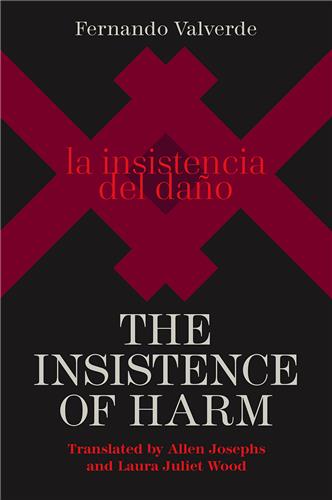This book looks at the role of waste in Latin American cultural texts from the twentieth and twenty-first centuries. Micah McKay considers how writers and filmmakers engage with the theme and argues that garbage illuminates key limits related to the region’s experience with contemporary capitalism.
Browse by Subject: Literature
Please note that while you may order forthcoming books at any time, they will not be available for shipment until shortly before publication date
In this book, Tatiana McInnis examines literary and cultural representations of Miami alongside the city’s material realities to challenge the image of South Florida as a diverse cosmopolitan paradise.
Analyzing works of contemporary Cuban writers on the island alongside those in exile, Elena Lahr-Vivaz offers a new lens to explore the multiplicity of Cuban space and identity, arguing that these writers approach their nation as part of a larger, transnational network of islands.
Focusing on the didactic nature of the work of Reinaldo Arenas, this book demonstrates the Cuban writer’s influence as public pedagogue, mentor, and social activist whose teaching on resistance to normative ideologies resonates in societies past, present, and future.
This collection presents a selection of the best literature of displacement and uprootedness by some of the most talented contemporary Latinx writers who have called Florida home.
An award-winning collection from an acclaimed contemporary poet
After the end of the Mexican Revolution in 1917, post-revolutionary leaders hoped to assimilate the country’s racially diverse population into one official mixed-race identity—the mestizo. This book shows that as part of this vision, the Mexican government believed it could modernize “primitive” indigenous peoples through technology in the form of education, modern medicine, industrial agriculture, and factory work. David Dalton takes a close look at how authors, artists, and thinkers—some state-funded, some independent—engaged with official views of Mexican racial identity from the 1920s to the 1970s.
In this breakthrough study, Emily Maguire examines how a cadre of writers reimagined the nation and re-valorized Afro-Cuban culture through a textual production that incorporated elements of the ethnographic with the literary.
Exploring a variety of topics including European colonialism, migration, citizenship, sex tourism, music, literature, and art, contributors demonstrate that alternate views of Haitian and Dominican history and identity have existed long before the present day. From a moving section on passport petitions that reveals the familial, friendship, and communal networks across Hispaniola in the nineteenth century to a discussion of the shared music traditions that unite the island today, this volume speaks of an island and people bound together in a myriad of ways.











